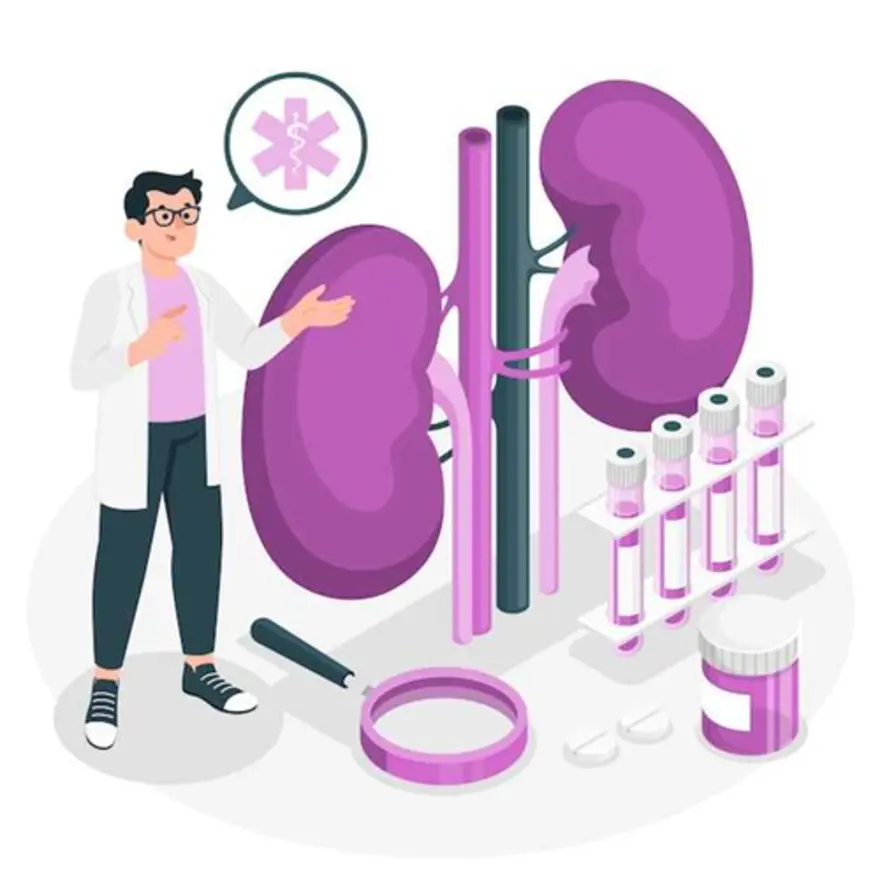Disease
How to Improve Gut Health | 7 Ways to Increase Good Bacteria in Gut Naturally
15625 Views
0

Your gut is a hard-working organ of the body that aids in the digestion of the foods you eat, absorbs nutrients, and utilizes it to energy and maintain your body functions. Not just this, it also helps keep your immunity balanced. Did you know that around 70 percent of your immune system is housed in your gut? Making sure that your digestive system is functioning properly is an essential part of regulating your overall health.
How to know if you have poor gut health?
Signs of an unhealthy gut are not just limited to the stomach,they include effects on skin, energy levels and overall health too.
Here are 5 common signs of an unhealthy gut
- Upset stomach: Stomach disturbances like excessive burping, gas, bloating,flatulence, constipation, diarrhea, and/ or acidity
- Uncontrolled changes in weight, usually weight gain
- Sleep disturbances
- Constant fatigue
- Irritation and mood changes
Is food intolerance a gut issue?
Some people may find it difficult to digest certain foods and can show an unpleasant physical reaction to them. For example, bloating, diarrhea, etc. An easy way to know if you are intolerant to certain specific food items is to get a food intolerance test done. Please note that it is different from a food allergy. Food intolerance is related to the digestive system while food allergies involve the immune system. Allergy-causing food can trigger signs and symptoms more severe than food intolerance, including digestive problems, rashes, or swollen airways.
Looking to book a food intolerance blood test? Get tested here.
How to improve gut health naturally?
Here we have covered practical and effective natural remedies for gut health:
-
Eat fermented foods regularly
Studies have shown that people who consume fermented foods (like yogurt, kimchi, idli, dosa, dhokla, etc.) on a regular basis have a diverse and healthy gut flora, also called gut microbiome. Your gut harbors trillions of friendly bacteria that helps your digestive system work well. Anything that maintains gut flora is a tonic for gut health. As per some researchers, fermented foods may give small colonies of existing bacteria a chance to grow and flourish. Explore your local cuisines to find what fermented food options they offer.
2. Asafoetida (Hing) for your rescue:
Hing or Asafoetida is considered an important ayurvedic medicine that aids digestion and relieves gas-related problems. Though there is not much scientific evidence available, some studies have shown it to help boost digestion by increasing the activity of digestive enzymes. Moreover, it may help digest fat by increasing bile secretion from the liver.
How to use Hing for stomach problems: Put half a teaspoon of asafoetida in lukewarm water and drink it right away. Many people have claimed that it relieves the gaseous problems and gas-related stomach pain right away.
3. Eat less sugar and sweeteners:
Eating a lot of sugary foods or artificial sweeteners may cause imbalance of gut flora. If you have to replace sugar, choose natural sweeteners like stevia, figs, dates, etc. A few animal studies reported that some of the artificial sweeteners like sucralose, aspartame can mess with good gut bacteria and destroy microbiome diversity in ways that may interfere with the digestive system’s natural mechanisms.
4. Do not compromise on sleep:
Irregular sleep habits and disturbed sleep can have negative outcomes for the gut flora. This may increase the risk of indigestion and gut inflammation. A plentiful and healthful sleep schedule helps keep your gut better functional. As an adult, aim for at least 7 hours sleep per day on an average.
5. Quit smoking for good:
Smoking has zero benefits. Even the mood elevator effect is transitional and it ends up worsening long-term mental health picture. Research published has found that smoking may cause an increase in potentially harmful gut bacteria and decrease the levels of beneficial ones. This alters the gut flora and leaves you feeling cranky and bloated.
6. Eat slowly:
Chew your food thoroughly. Never rush to finish your meals. This helps ensure complete and quick digestion and optimum absorption of nutrients. A healthy digestion process is what you need for reducing gut discomfort.
7. Add probiotics and prebiotics:
Probiotics are the mixture of healthy gut bacteria. This can reverse the damage caused to your friendly bacteria and add more to maintain a balanced level. Yogurt or buttermilk is a popular probiotic food because it's widely available. Especially in summer, taking buttermilk alongside day meals is considered a good practice. Probiotics are the food for good gut bacteria. Mostly they feed on fiber rich foods. Aim to include more green leafy vegetables in the daily diet and cut down on junk food, one step at a time. Fiber-rich foods can be aptly called stomach healing foods.
Along with the aforementioned tips, certain yoga poses and physical activity can help you maintain a healthful digestion. Remember to keep moving and sit less.
Have a happy and naturally healthy gut!

























 WhatsApp
WhatsApp